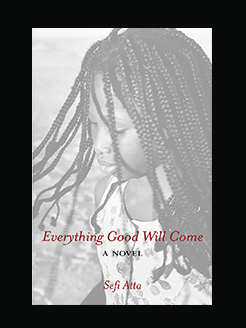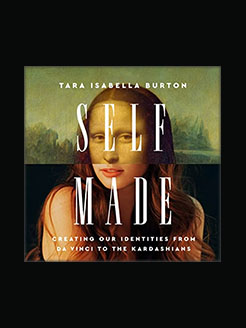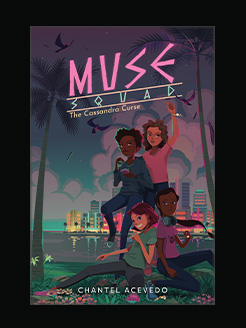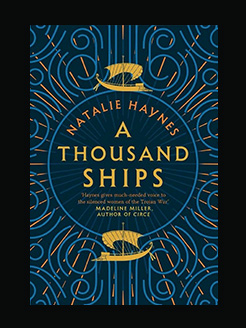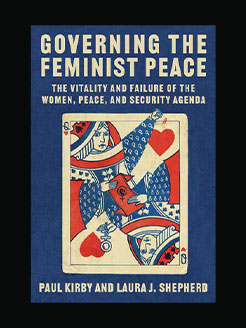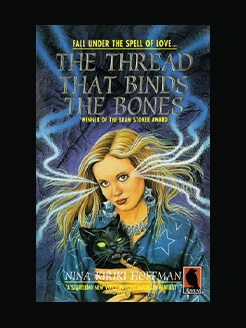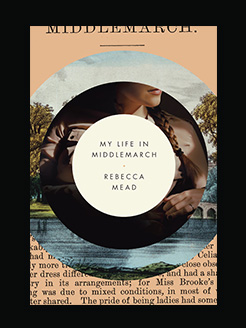Published in 2020
416 pages
Martha McPhee graduated from Bowdoin College in Brunswick, Maine and received her M.F.A. from Columbia University.
She is the author of five novels: An Elegant Woman, Dear Money; L’America; Gorgeous Lies; and Bright Angel Time. Her work has been honored by a National Endowment for the Arts grant and a Guggenheim Fellowship. Gorgeous Lies was a finalist for a National Book Award. She lives in New York City with her husband and two children, and teaches at Hofstra University.
What is this book about?
For fans of Mary Beth Keane and Jennifer Egan, this powerful, moving multigenerational saga from National Book Award finalist Martha McPhee—ten years in the making—explores one family’s story against the sweep of 20th century American history.
Drawn from the author’s own family history, An Elegant Woman is a story of discovery and reinvention, following four generations of women in one American family. As Isadora, a novelist, and two of her sisters sift through the artifacts of their forebears’ lives, trying to decide what to salvage and what totoss, the narrative shifts to a winter day in 1910 at a train station in Ohio. Two girls wait in the winter cold with their mother—the mercurial Glenna Stewart—to depart for a new life in the West. As Glenna campaigns in Montana for women’s suffrage and teaches in one-room schoolhouses, Tommy takes care of her little sister, Katherine: trapping animals, begging, keeping house, cooking, while Katherine goes to school. When Katherine graduates, Tommy makes a decision that will change the course of both of their lives.
A profound meditation on memory, history, and legacy, An Elegant Woman follows one woman over the course of the 20th century, taking the reader from a drought-stricken farm in Montana to a yellow Victorian in Maine; from the halls of a psychiatric hospital in London to a wedding gown fitting at Bergdorf Goodman; from a house in small town Ohio to a family reunion at a sweltering New Jersey pig roast. Framed by Isadora’s efforts to retell her grandmother’s journey—and understand her own—the novel is an evocative exploration of the stories we tell ourselves, and what we leave out.
